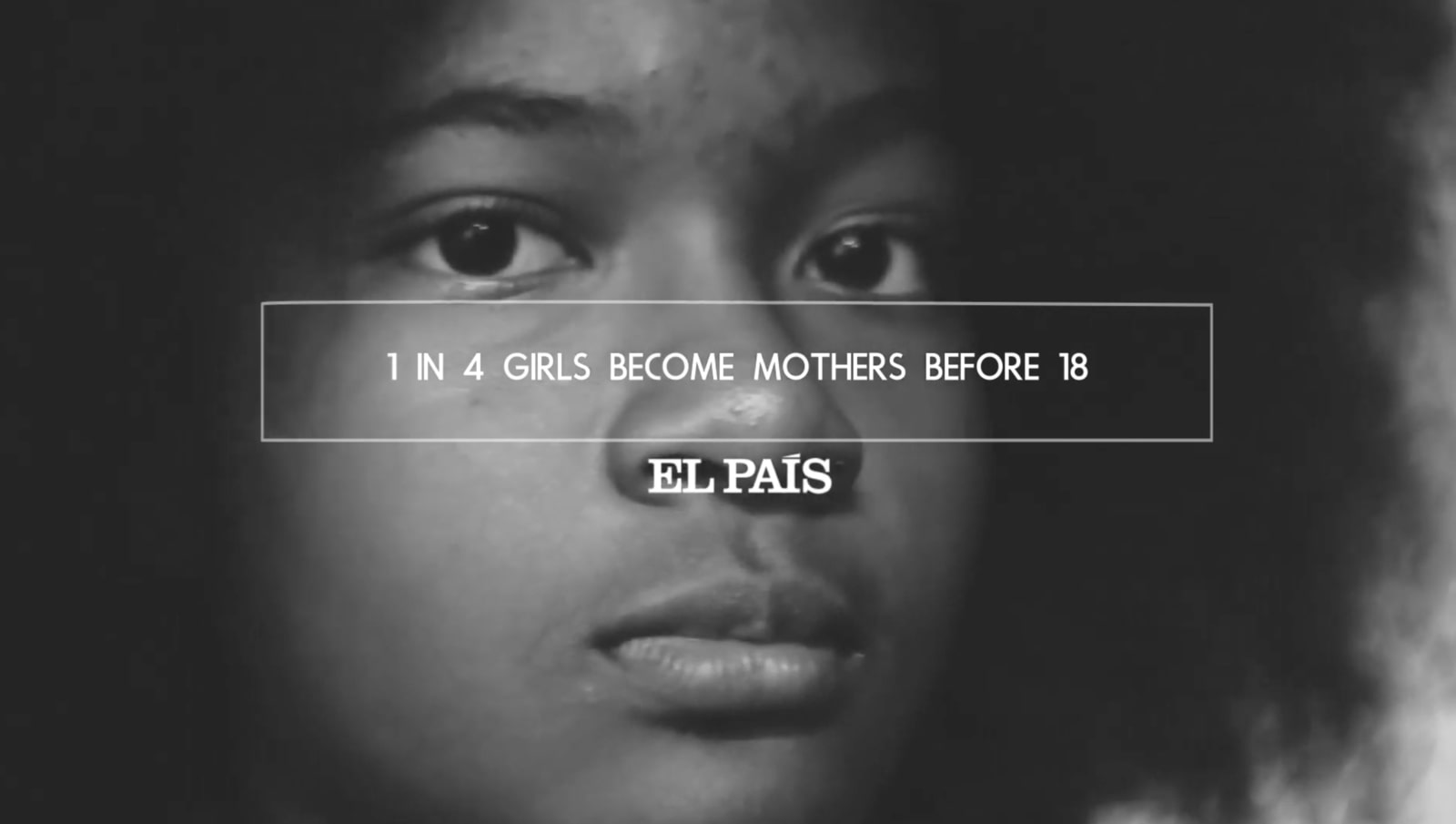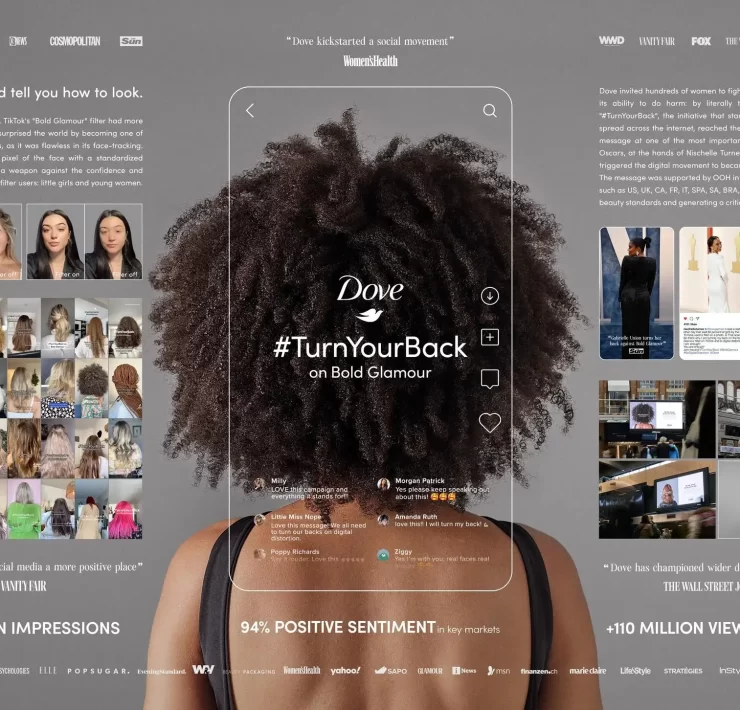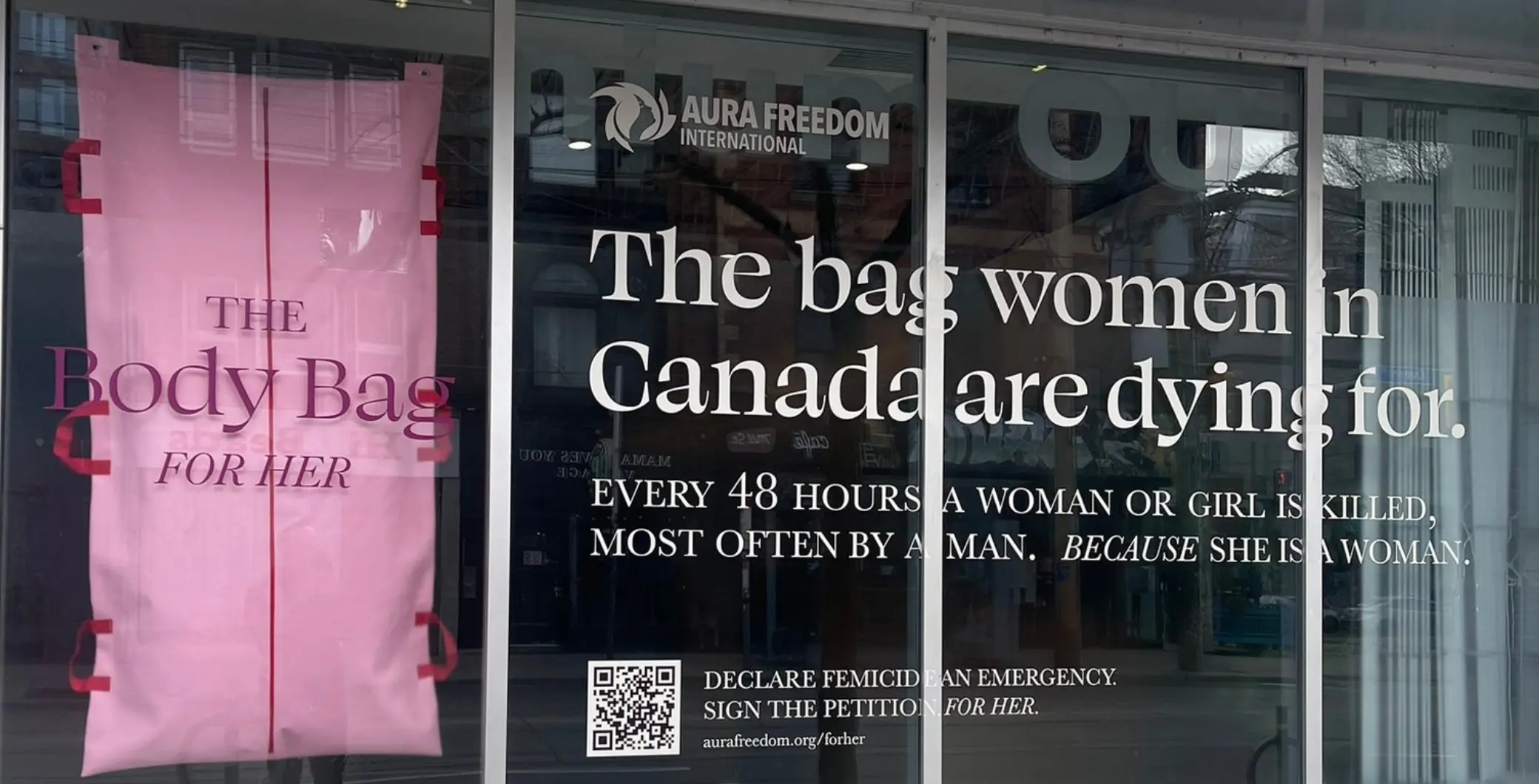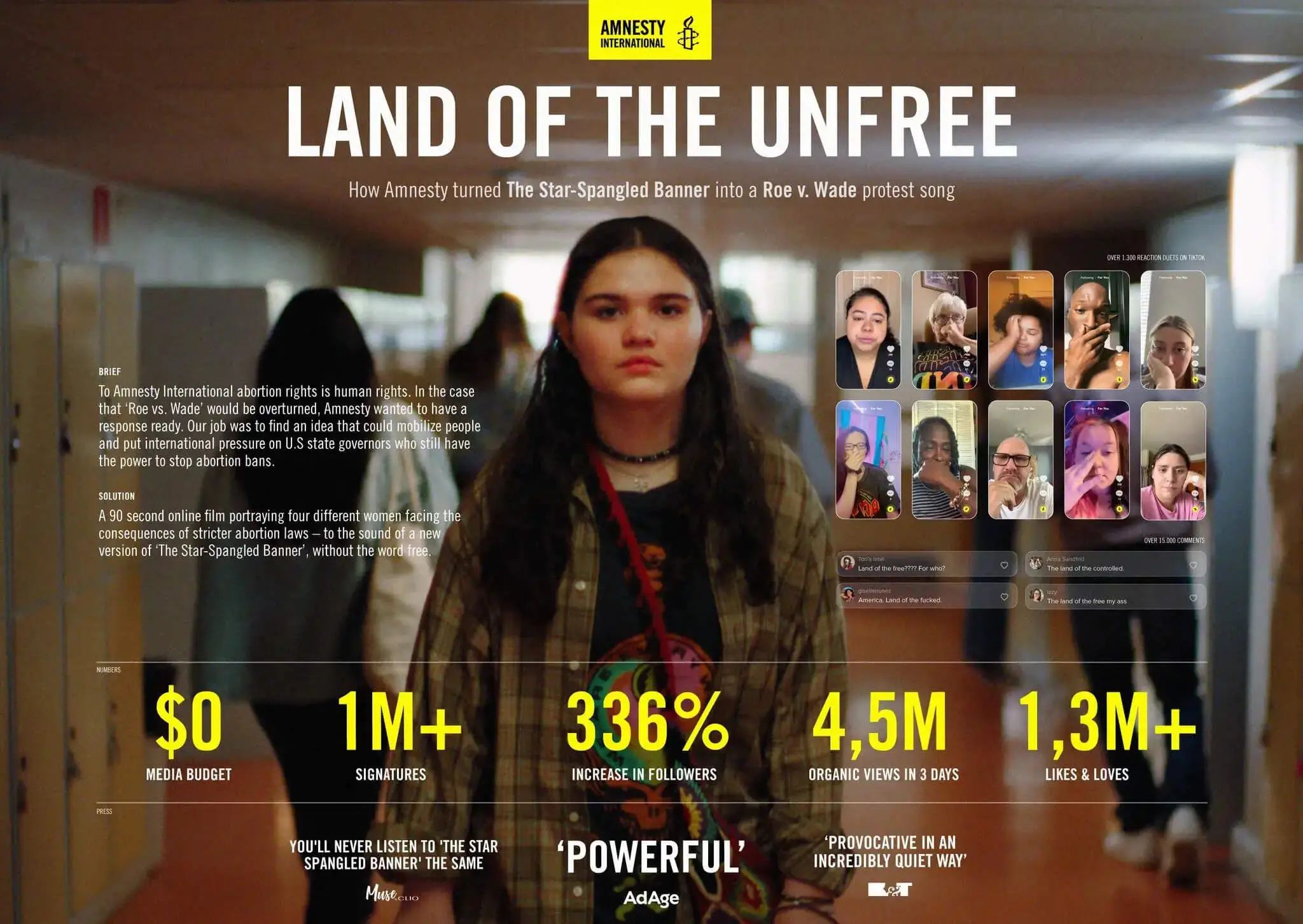‘Morning After Island’ Empowers Women’s Rights in Honduras

Experience the triumph of women’s rights and reproductive justice with Morning After Island.
Honduras, a pioneering nation in Latin America, has recently achieved a significant milestone in women’s reproductive rights. After a decade-long ban on the morning-after pill, which resulted in a staggering number of underage girls giving birth, women’s rights advocates collaborated to establish a unique solution. They created Morning After Island, an offshore sanctuary beyond Honduran jurisdiction, where women could access the pill without facing legal repercussions. This article explores the remarkable journey that led to the legalization of the morning-after pill in Honduras.
Honduras has been grappling with a controversial law that outlawed the morning-after pill since 2009. This prohibition subjected any woman caught using the pill to severe penalties, including up to six years in prison. Shockingly, this policy resulted in a startling statistic, with 350,000 underage Honduran girls experiencing motherhood.
Morning After Island: A Beacon of Hope
Responding to this pressing issue, Grupo Estratégico PAE and Ogilvy Honduras joined forces to create Morning After Island. This innovative concept provided a floating safe space in international waters, beyond the reach of Honduran laws, enabling women to access the morning-after pill without fear of prosecution. To raise awareness and garner support, Ogilvy initiated a compelling video campaign that urged individuals to sign a petition demanding change.
A Global Movement Takes Shape
The video campaign by Ogilvy gained remarkable traction, garnering over 800,000 signatures in under six months. This extraordinary response generated widespread attention, with hundreds of media outlets across 14 countries covering the initiative. As momentum grew, the advocacy efforts caught the attention of Honduran President Xiomara Castro, who extended an invitation to Grupo Estratégico for a public meeting.
Turning the Tide: Legalizing the Morning-After Pill
President Castro’s meeting with Grupo Estratégico proved to be a turning point in the struggle for women’s rights in Honduras. She publicly called upon the congress to draft legislation that would safeguard the sexual, reproductive, and civil rights of the country’s three million women. This powerful proposal eventually materialized into law, marking a historic moment as the morning-after pill became legally accessible in Honduras after a 13-year hiatus.
Conclusion:
Honduras’ remarkable journey toward the legalization of the morning-after pill highlights the power of collective action and perseverance in fighting for women’s reproductive rights. Through the innovative approach of Morning After Island and the widespread support garnered through the petition campaign, Honduras managed to overturn a restrictive ban, allowing women to exercise greater control over their reproductive choices. This significant step forward serves as an inspiration for other nations striving for gender equality and reproductive justice.





